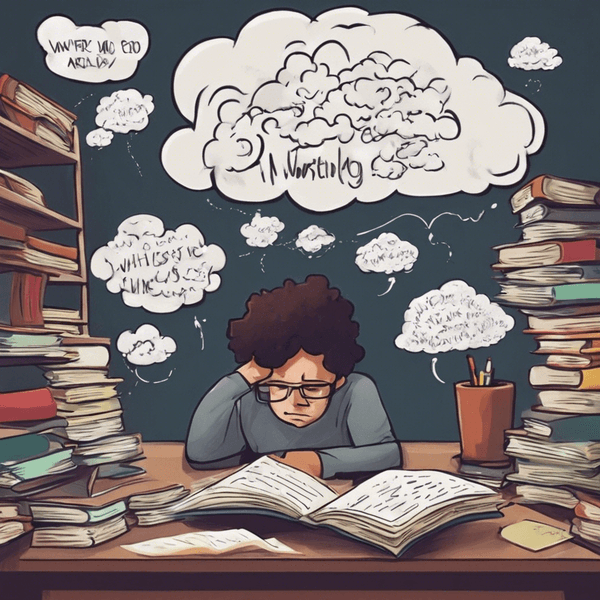As an avid pop culture fanatic of past and present, I'm fascinated with the subject of media representation of gender, race, etc. In particular, I'm fascinated with--and inspired by--the work and research of the Geena Davis Institute on Gender in Media. (You can read more about the organization's efforts here.)
On Nov. 6, GDIM partnered with SAG-AFTRA (the Screen Actors Guild) to host a panel discussion in NYC featuring four thriving women on television: Alysia Reiner, Maggie Siff, Swin Cash, and Megan Boone. Each of them discussed their stories of how they landed leading roles in television and film, and the work they put in along the way to achieve that success.
The overall theme in each of their stories was clear: persistence is the key for success in Hollywood. Each of them explained why with their own stories and advice.
Alysia Reiner
(Pictured from second left; Netflix’s “Orange is the New Black”, 2004 film “Sideways”)
During this panel event, Alysia Reiner dropped some hard truths about her experience as an actress. It started when she was Bio-Psych Major during her time at Vassar College, and she had difficulty shaking her longtime dream to break into acting. So, she spent her junior year studying abroad in a theatre program in London--but then she had a cancer scare shortly after returning home.
This health crisis only fueled her to drive harder toward making her dream into a reality. Upon graduating from Vassar, she found herself struggling to get an agent to represent her. As a result, she felt that she had to self-submit herself for auditions--including one for Alexander Payne's "Sideways"--to find success in landing auditions.
What I took away from her story: When you're starting out in Hollywood, you may find that you have to be your OWN agent--and put in the work and effort to land auditions through self-submissions.
Maggie Siff
(Pictured on left; Showtime's "Billions", AMC’s “Mad Men”, FX’s “Sons of Anarchy”)
Maggie revealed that she was 27 when she began a serious career in acting, dubbing herself a "late bloomer". But despite her late start, she was eventually able to find success on television.
During the panel event, Maggie described the nine months she spent (after completing NYU's Tisch School of the Arts graduate acting program) embarking on auditions as "productive." Even though these auditions may have seemed like "closed doors", she explained that going on these auditions is the acting world equivalent of networking. By making a great impression, casting directors became her "fans," and remembered her as she continued to audition.
What I took away from her story: She rolled on with each rejection by focusing on the positive--that she was strengthening her network with casting directors with each audition. Her persistence paid off, and the part of Rachel in "Mad Men" fell on her lap two years later.
Swin Cash
(Retired WNBA player; Host/Analyst on CBS Sports Network’s “We Need to Talk”)
On top of playing in the WNBA, Swin Cash joined the roster of hosts and sports analysts on CBS Sports Networks' all-female sports talk show "We Need to Talk" in 2014. A recent professional basketball retiree (after 14 years in the game) AND a new mother, Swin made her comeback on this incredibly progressive show last month.
What I took away from her story: There was one piece of wisdom Swin dropped during the event that has repeatedly echoed in my head since that night; to paraphrase, "Get in that room AND CLOSE THE DEAL." And I was blown away by this powerful advice, which she learned from establishing herself as a female professional in a male-dominated field.
In other words: if you want to make social change in your industry (such as in the field of sports journalism), present ideas to those executives in the boardroom and stand your ground.
And thanks to Swin Cash, now I have a mantra to apply to my own professional pursuits!
Megan Boone
(Pictured in middle; NBC’s “The Blacklist”)
Megan Boone described a point in her career where she was found some success landing minor roles in television and movies, but she wanted to transition into a career of starring roles. After having very little luck auditioning for any starring role, she decided to implement a strategy: to focus her time and ONLY audition for television and movies she deemed as being "passion projects". NBC's “The Blacklist” was one of those passion projects, and she fell in love with the role of Elizabeth Keen at first script read.
What I took away from her story: Not only was I captivated by the advice of focusing solely on landing roles in "passion projects", there was another noteworthy piece of advice in Megan's story. She explained that after her audition for "The Blacklist", she asked her agent to book as many high profile auditions (J.J. Abrams' projects, multi-camera sitcoms, etc) as possible to make her appear “more valuable” to the casting directors with multiple offers for television and film--and amp up her chances of landing the role. You go girl!

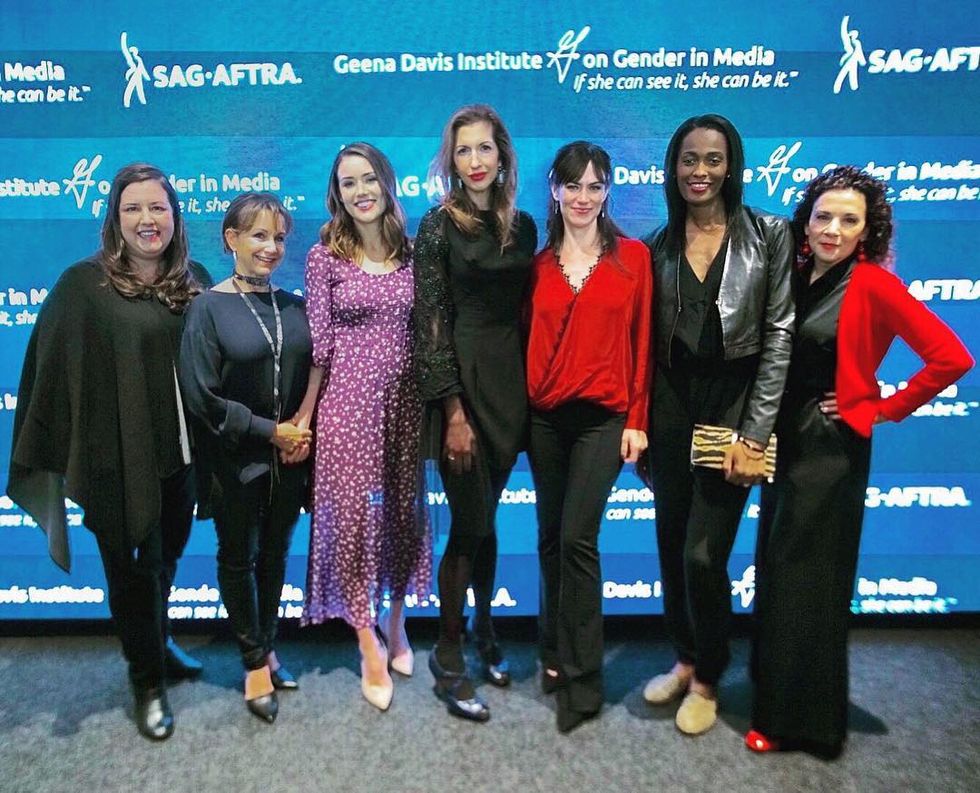
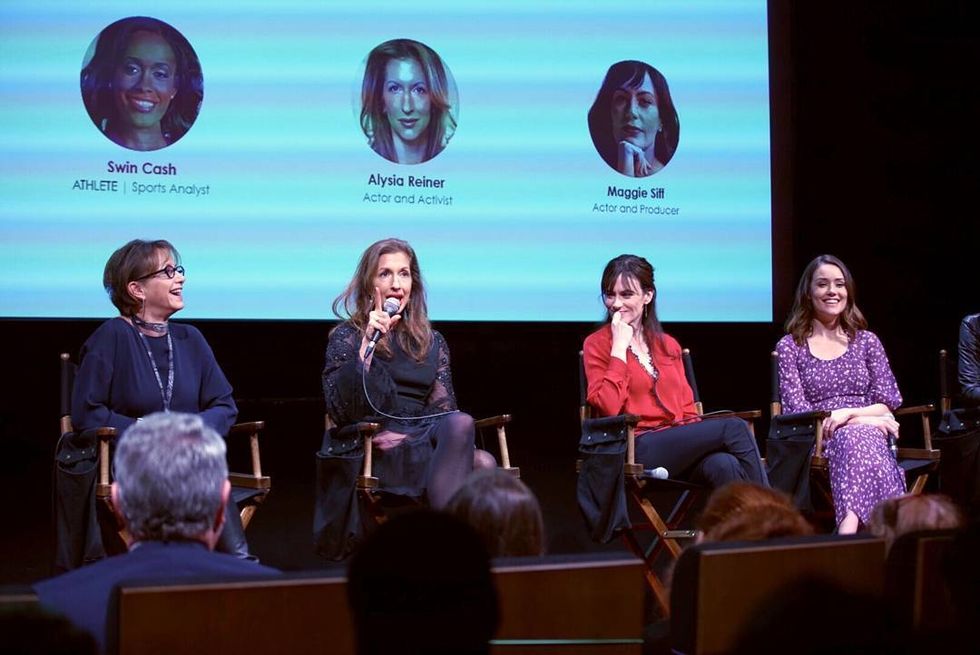
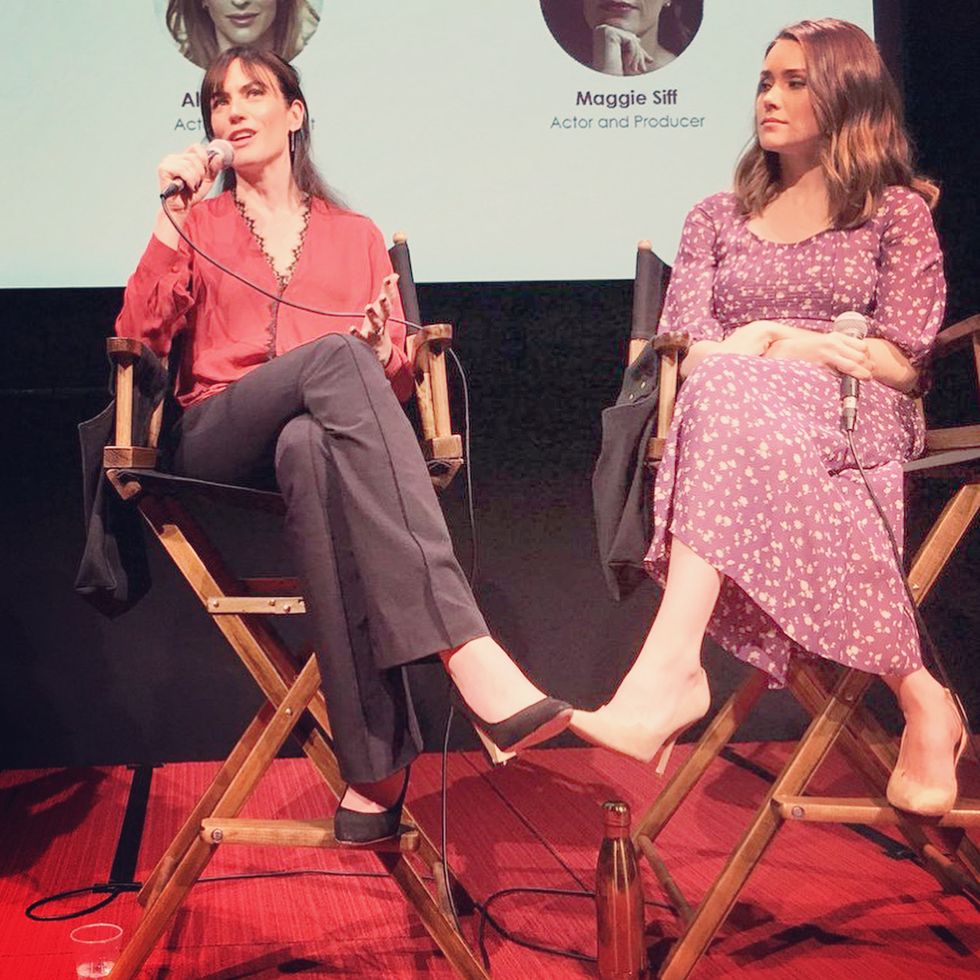
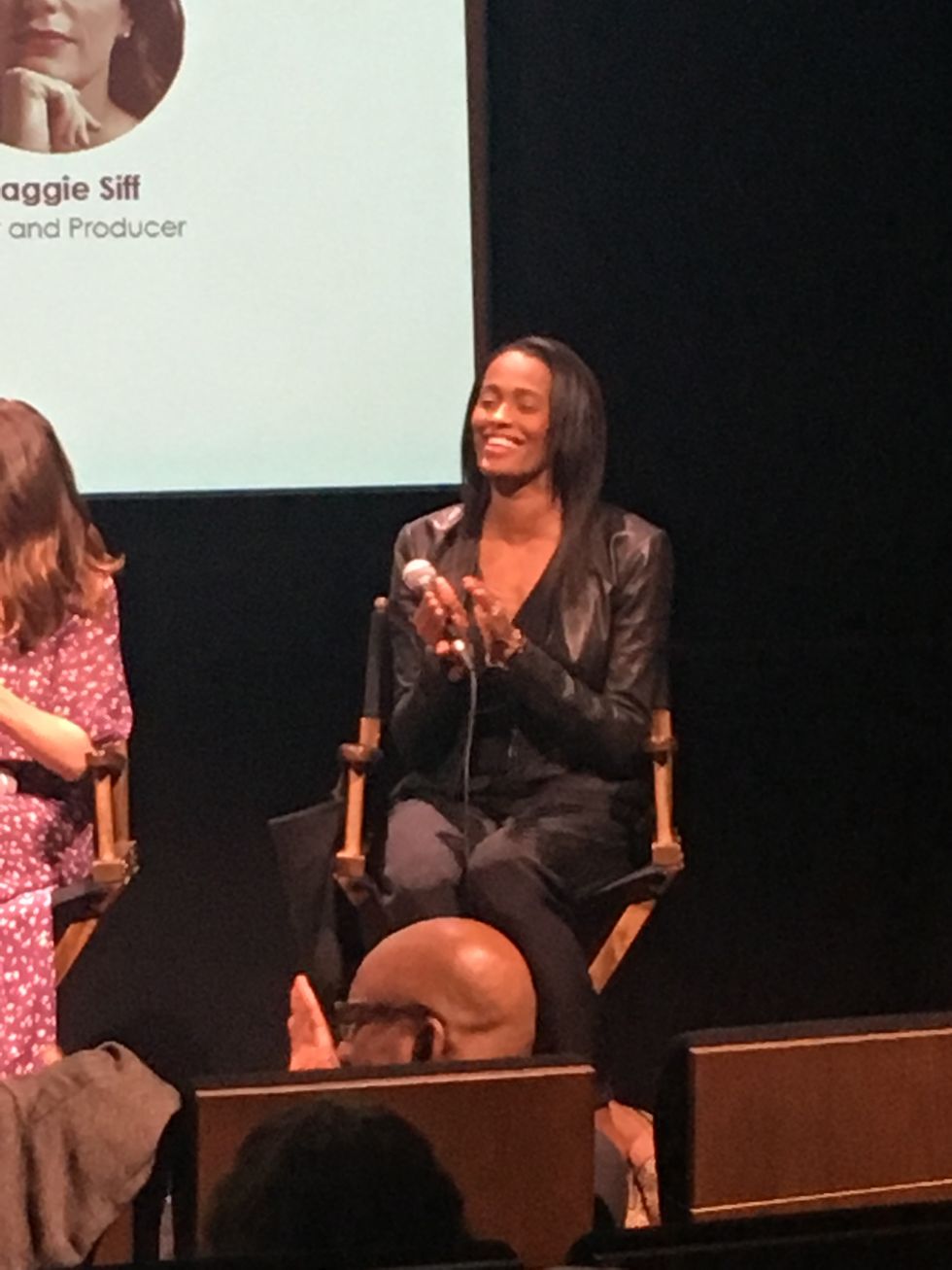
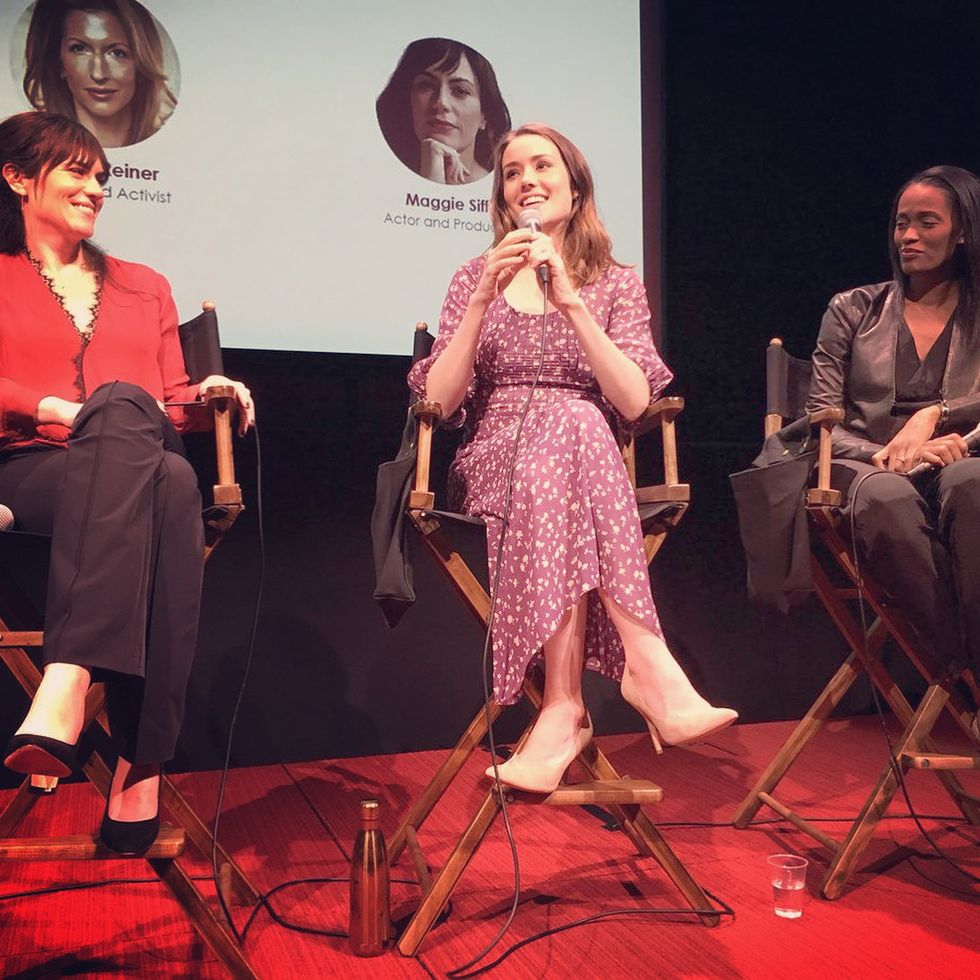


 StableDiffusion
StableDiffusion StableDiffusion
StableDiffusion StableDiffusion
StableDiffusion Photo by
Photo by  Photo by
Photo by  Photo by
Photo by 
 Photo by
Photo by  Photo by
Photo by  Photo by
Photo by  Photo by
Photo by  Photo by
Photo by 






